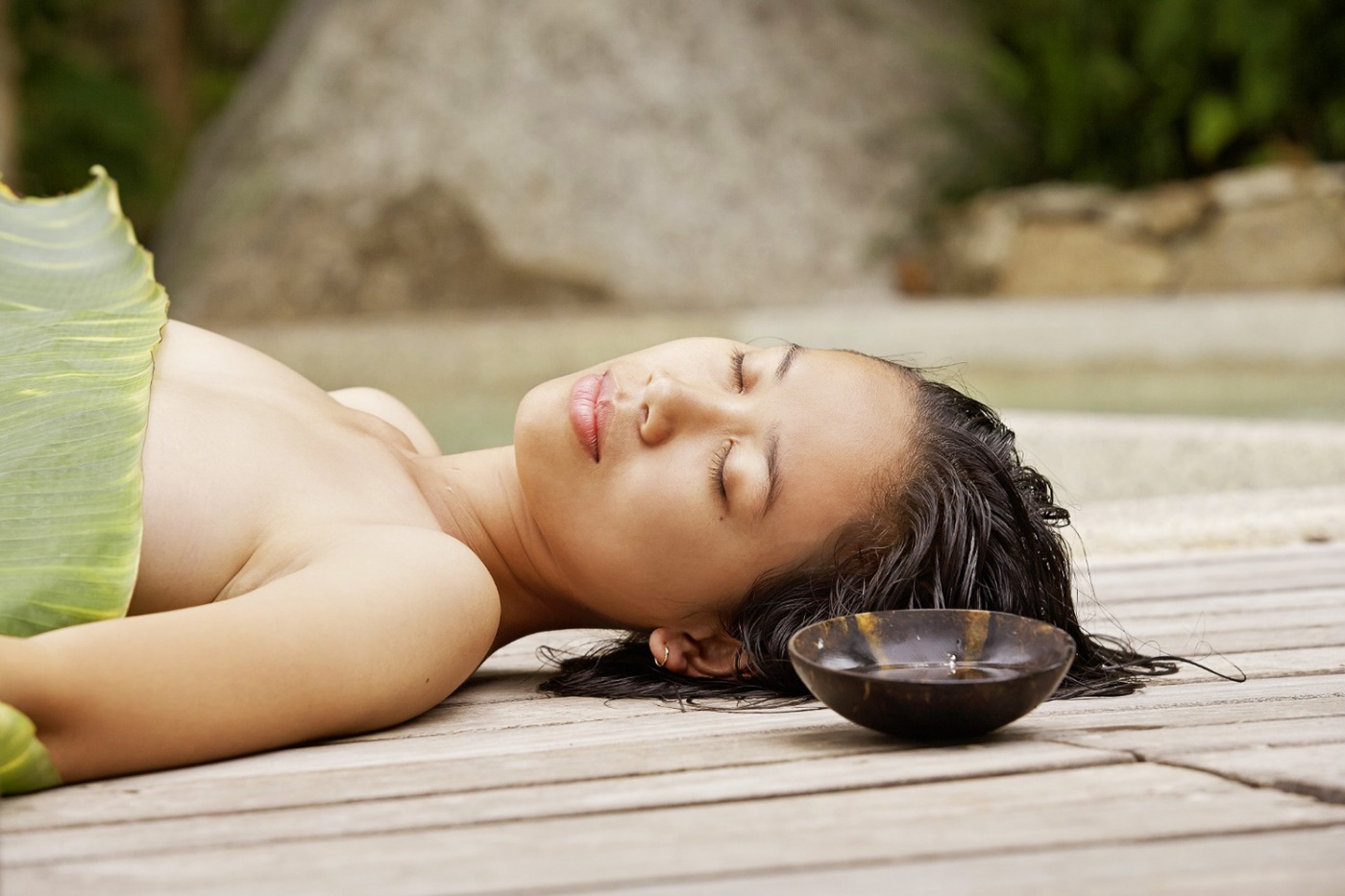Sleep Is the Newest Travel Vogue
In the frenetic cacophony of modern living, the elusiveness of sleep has turned into a form of luxury that is as desirable as the next limited-edition Hermès Birkin bag. Statistics show that, increasingly, more people suffer from stress-induced sleep problems, and now the most intuitive human action has become a commodity to be procured. In 2020, sleep-focused travel, also known as circadian travel will herald a proliferation of sleep retreats that help to reset your circadian rhythm resulting in a better night’s rest. No wonder resorts with certified sleep scientists are gaining ground. Here are a few that are popular among circadian travellers.
One&Only Reethi Rah, Maldives
Hosted by sleep guru and author of Breathe Better, Sleep Better, Alison Francis, One&Only’s Reethi Rah resort in the Maldives offers guests a ‘sleep journey’ that focuses on delivering uninterrupted and restorative sleep. Alison, who goes by the moniker of Anandi says, “Sleep is fundamental to health, without it, it is impossible to reach our full potential. I firmly believe that taking the right holistic steps one can create a healthy sleep regime without the use of sleep aids.” A personalised assessment will be done at the start of the retreat where trainers analyse a guest’s current sleeping patterns and a special programme will be curated based on the findings.
Six Senses Thimphu, Bhutan
Bhutan’s Six Senses resort has curated a unique host of sleep retreats and programmes to suit the needs of the savvy circadian traveller. Experience the restorative effects of Ayurvedic rituals and ‘singing bowl’ meditation in the ‘yogic sleep’ package designed to ‘rejuvenate a tired body and mind, reduce stress levels and improve the quality of sleep’. A combination of yoga nidra, meditation and spa treatments will induce guests into a state of relaxation for a deep slumber.
Kamalaya, Thailand
Located in the lush, verdant greenery of Koh Samui, Kamalaya is deemed to have one of the best wellness retreats in the world. The ‘sleep enhancement’ programme is designed to re-establish a healthy and restful slumber while bringing the body back to balance and addressing sleep issues. Programmes range from three to seven nights, inclusive of healthy meals, special consultations, therapeutic massages, traditional Chinese medicine, Shirodhara and acupuncture to address body imbalances which deplete sleep quality.
Grand Resort Bad Ragaz, Switzerland
This Swiss medical resort is the first of its kind in the world with an extensive ‘sleep diagnostics’ programme developed by doctors. Medical check-ups are conducted as well as a sleep investigation process to diagnose all the sleep-related disturbances. To separate themselves from the rest, the resort administers medical tests, and guests will receive a personalised health dossier.
Circadian travel may be the much-needed remedy to assuage the fatigue of modern life, however, some of these “circadian” trends are misnomers. They are generic sleep solutions that may enhance general well-being, but do nothing to improve our circadian rhythms. What’s lacking is the use of light in these sleep retreats. The right light exposure at the right time can provide seamless adaptation to new time zones by rapidly resetting the circadian clock.
There are a burgeoning number of places that are introducing such treatments that are scientifically backed and supported by such circadian “light moves” theories. Germany’s Lanserhof Tegernsee Sleep Clinic has a sleep programme that uses a drug-free rescheduling treatment called Chronotherapie, which works on the sleep-wake rhythm for Delayed Sleep Phase insomnia. IHG hotels has partnered with Healthe by Lighting Science to champion the use of circadian lighting to support healthy sleep. The Crowne Plaza Atlanta Airport, which was the pioneer property to install the JOURNI Mobile Task Light in guestrooms uses the alertness and focus-enhancing spectrum during the day, and then changes to the warm, sleep-enhancing spectrum at night. The GoodDay and GoodNight spectrum technologies help to bring circadian lighting into the room which regulates the body’s natural rhythm.
With a whole avalanche of sleep-focused wellness retreats devising various programmes to combat our exhaustion, it is clear that sleep is the current vogue. The real question is whether we need to travel to learn to sleep better. Wouldn’t we need to combat jet lag upon our return? If that’s the case, perhaps money will be better spent on a premium mattress.


